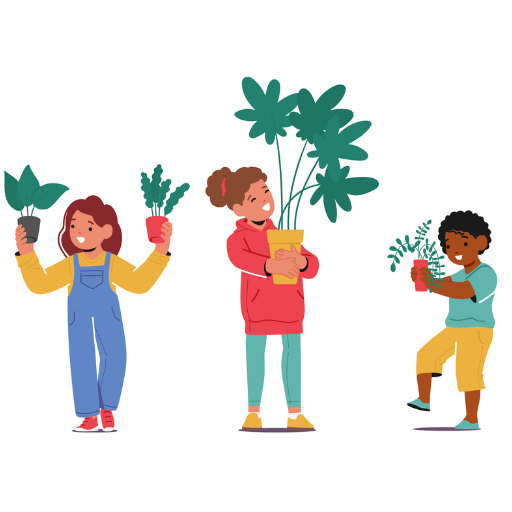“Consider every individual you meet as a garden to be tended, not a machine to be repaired.” — Stephen R. Andrew, in Listening Deeply (2023)
Who taught us how to listen? Chances are, no one. We were told to listen, but who taught us how to be quiet with presence and without judging or mental chatter?
Listening is a practice and one of the most fruitful places to practice it is with ourselves.
Have you ever heard someone refer to one of their knees as their “bad” knee? I have a knee that sometimes gives me trouble. When it acts up, it’s doing its best, as a knee, to let me know it needs some care. I’ve pushed and stressed that knee over the years.
Since I’m no knee specialist, I’m learning from people who are. As a result, I’m learning how to listen and respond to the knee’s complaints. Turns out, my knee needs a lot of stretching, way more than I thought. It’s a complicated part of my body that does a lot for me. It helps me to stand, and stand up for myself. When I respond to that knee with the respect it deserves, it’s a happier and more effective knee.
In some paths of addiction recovery, a “searching and fearless” inventory is recommended. What does this inventory require? A kind of deep listening to our past, our past selves, and with the knowledge we have now. Tuning in with the ear of a friend, and writing things down to share with another. Some of what we tune into will become part of the stories we tell of ourselves.
Sometimes the challenges we go through, the problems we face, and even the not-so-great choices we make can bring us closer to others as powerful points of connection. If we are lucky, these moments can be a source of humor — some of the finest comedy springs from a combination of tragedy, time, and tuning in.
Can we learn to listen? We can, although it may help to know that, even amongst those who do it for a living, it’s still a lifelong practice. With the multitude of distractions served up to us online and in the world around us, tuning in — like gardening — is both an art and a science.
Fortunately, like tending the knee and the garden, there are resources for listening practice, too. There’s a richness in listening, and in being heard. Here’s to more richness, and more fruitfulness in all of our lives.



